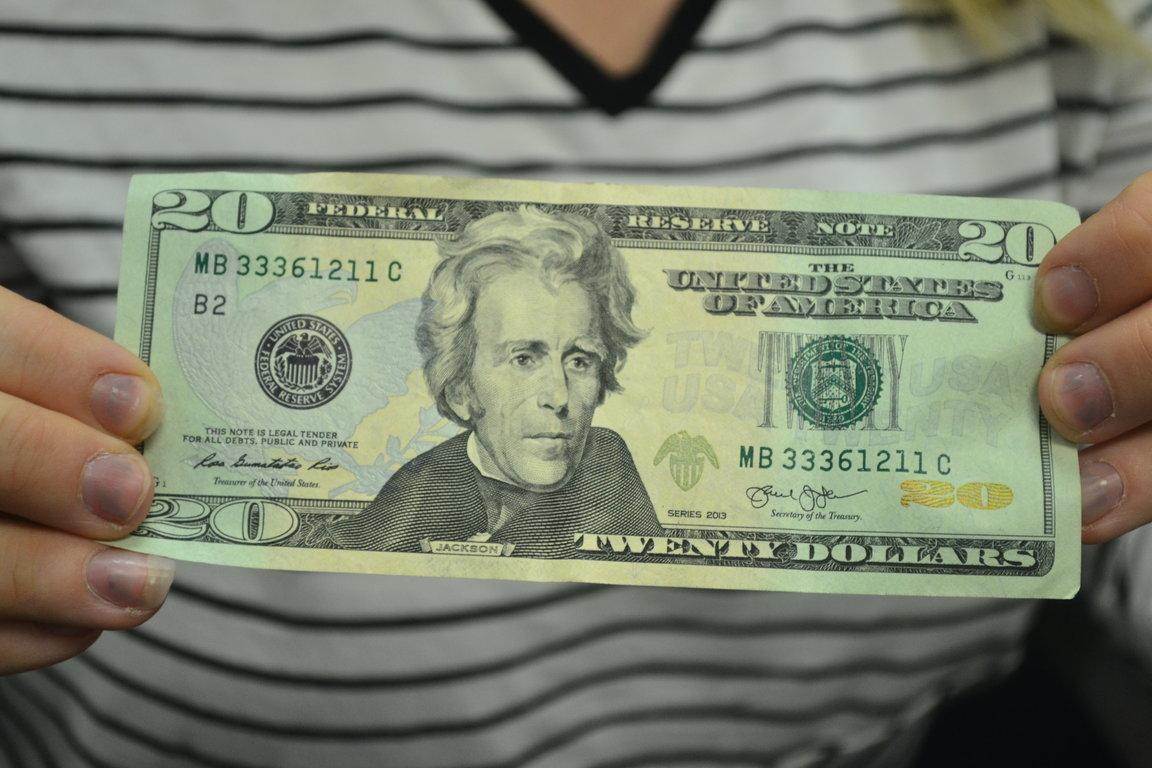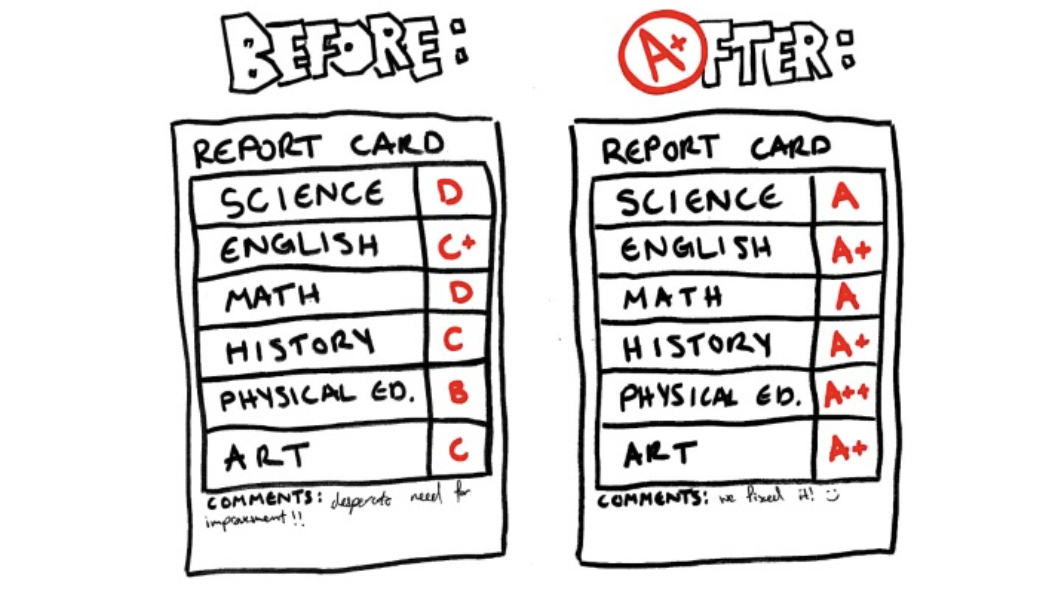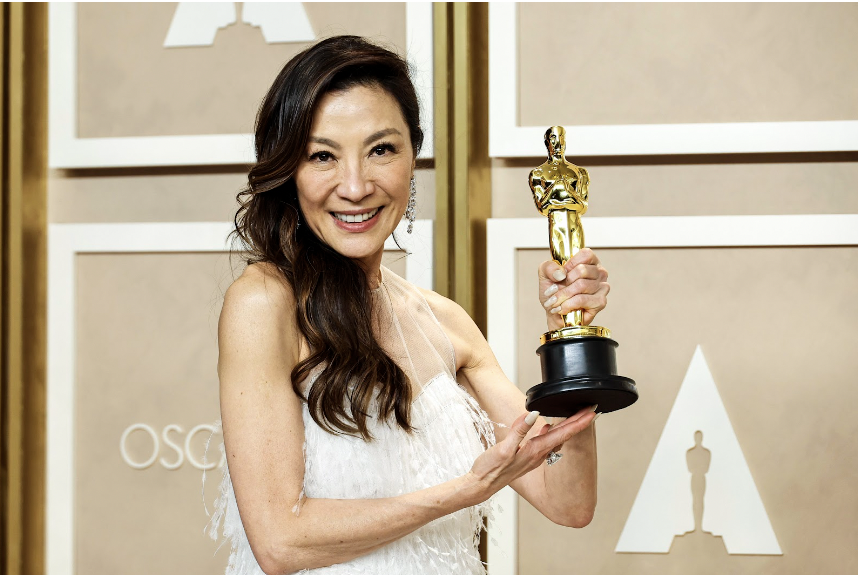I’m standing in line at a 7-Eleven. The man in front of me pulls a 20 dollar bill out of his wallet. He starts sweating and breathing heavily, like he is extremely distressed. I peak over his shoulder and see a black women on the bill. He struggles to give it to the cashier, but there is an invisible hand holding him back. The veins in his temples are pulsing. Finally, with a triumphant gasp, he turns the bill over to the side with Andrew Jackson on it, and hands it to the cashier, who wipes off the exuberant amount of bodily fluids with a hint of disgust and shakes his head.
This never actually happened, and somebody who sweats that much should probably seek medical attention, but it’s an ironic imagination of the way people reacted to Secretary of the Treasury Jack Lew’s recent proposal to replace Andrew Jackson with Harriet Tubman on the dollar bill. Some people seem to stubbornly view such a change like it’s the equivalent of buying a new house or deciding to have a child–as if the symbolization of it will deeply affect them for the rest of their life. While reading an article by John Harvat titled “Why Harriet Tubman Should Not Be on the Twenty Dollar Bill,” I came across a lot of points that could have actually been used to argue why she should be on it as well. Some people argue that changing the symbols on the currency will become a political action to gain authority rather than a historical action to honor our country’s history. I’m not sure when advocating for an abolitionist became a source of a “plaything of politicians and media” or when being against a basic violation of human rights constituted a “usually liberal cause”–this is not like putting a “free healthcare!” or, even from the other side, a “lower taxes!” sticker on a bill. While those are both arguments representing some level of human right–a right to freedom from government, or the right to be taken care of by the government–personal freedom from slavery is a human right in its most pure and obvious form.
Horvat wrote, “a currency’s acceptance needs to be universal by reason of taxes, since all people of a nation need a uniform means of payment.” A rational statement, but I struggle to see how Andrew Jackson, a man who did indeed help counter an oversized government and get rid of a corrupt national bank, yet caused the relocation and deaths of thousands of people in what is infamously known as the Trail of Tears, is considered a symbol of universal acceptance over a symbol of anti-slavery.
This is also one of the first times that an influential woman has been recognized on currency. By purely judging off of past currency, one would assume that our country has been run by old white men (which is true in a sense). While putting a black female on the twenty dollar bill would not change what is actually happening, it could be a step in the right direction. On one hand, this is a dangerous action, because it can be interpreted as putting a mask over certain issues. Oh, a gender wage gap still exists? African Americans are incarcerated at nearly six times the rate of whites? At least Harriet Tubman is on the twenty dollar bill! Might I add, on one side only of the bill, because of course it would be a catastrophe to remove Andrew Jackson at the risk of his historical legacy being forgotten forever. On the other hand, simply the fact that our country still struggles with certain social issues does not mean that an outstanding, influential person shouldn’t be put on the twenty dollar bill, nor does it mean that said issues will be automatically “forgotten.” If anything, it will serve as a reminder to society of what we have fought through to get to this point.






































